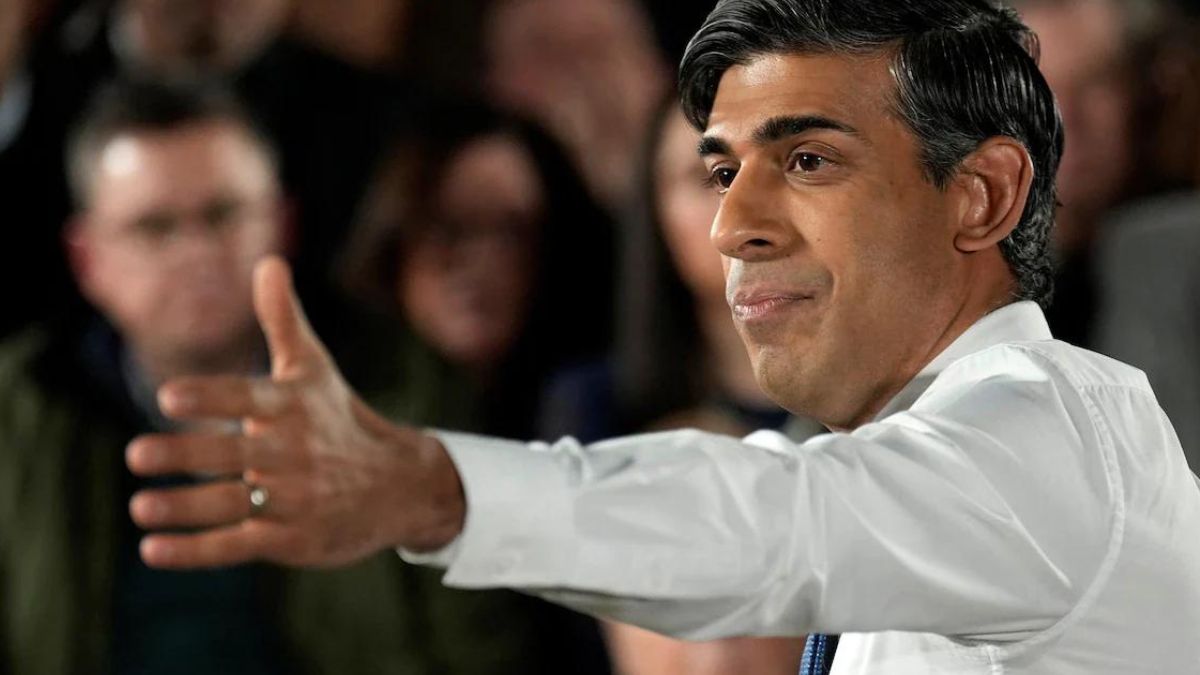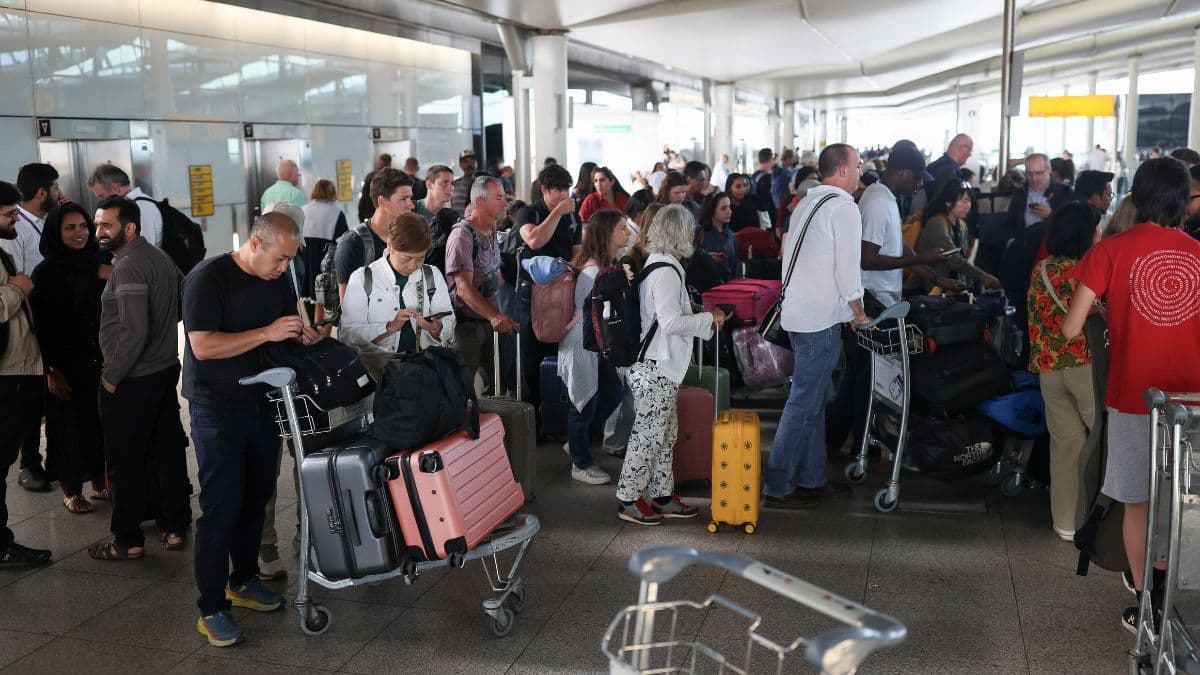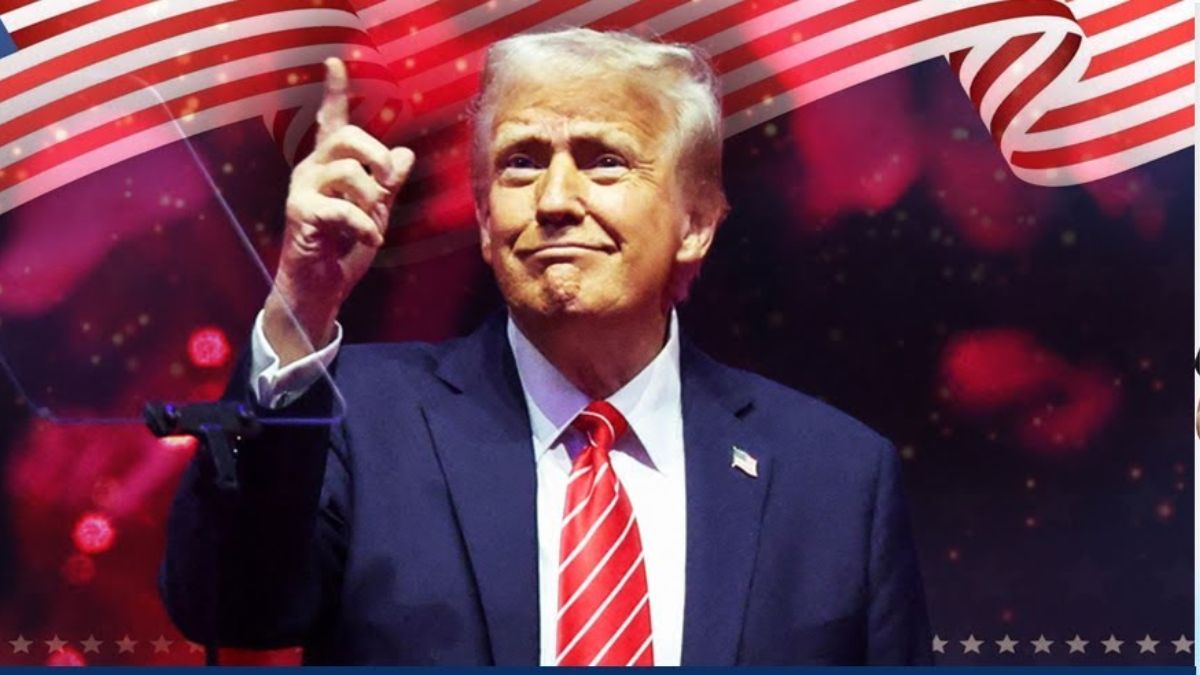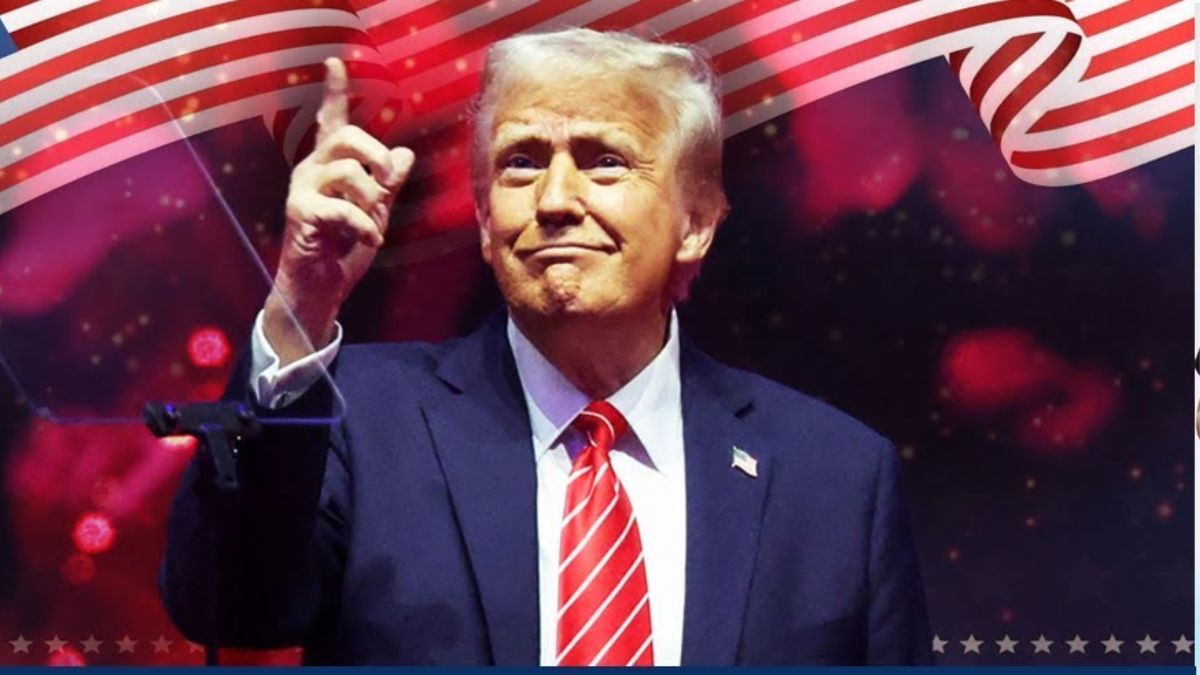On Sunday, British Prime Minister Rishi Sunak urged the West to take “bolder” action against Russian assets and to pay interest to Ukraine on money that have been frozen.
The UK premier stated that Western partners needed to intensify their sanctions on the second anniversary of Russia’s invasion in order to “shake” Russian President Vladimir Putin’s perception that he can “wait us out”.
“We must be bolder in seizing the hundreds of billions of frozen Russian assets,” Sunak said in an article in The Sunday Times newspaper.
“That starts with taking the billions in interest these assets are collecting and sending it to Ukraine instead. And then, with the G7, we must find lawful ways to seize the assets themselves and get those funds to Ukraine too.”
Following their commitment on Saturday to look into “all possible avenues by which immobilized Russian sovereign assets could be made use of to support Ukraine,” the prime minister made her remarks.
“Consistent with our respective legal systems and international law” is what the leaders of the G7 countries stressed in a statement.
The confederation of developed economies affirmed that sovereign assets that Russia has already taken control of will stay frozen “until Russia pays for the damage it caused to Ukraine”.
Impact Shorts
More ShortsThe group of Western nations also applauded the European Union for last month’s initial decision to begin the process of using the proceeds from those sales to assist with Ukraine’s reconstruction costs.
“We… encourage further steps to enable their use, consistent with applicable contractual obligations and in accordance with applicable laws,” the G7 leaders said.
According to a joint statement released earlier this month by the World Bank, European Union, United Nations, and the Ukrainian government, Ukraine requires over half a trillion dollars to pay the costs of reconstruction following Russia’s invasion.
According to Denys Shmygal, the prime minister of Ukraine, the majority of the costs should be covered by the assets that Russia took.
In order to finance the reconstruction of its towns, highways, bridges, and energy facilities that were destroyed or damaged by Russia’s two-year onslaught, Kyiv requests that the West release almost $300 billion in frozen Russian assets.
In support of its position, Britain has become more outspoken; last month, Foreign Secretary David Cameron insisted at the World Economic Forum that there are moral, legal, and political grounds for taking such action.
“We should be prepared to do some innovative thinking about how we use these resources to help Ukraine,” he said.


)

)
)
)
)
)
)
)
)



